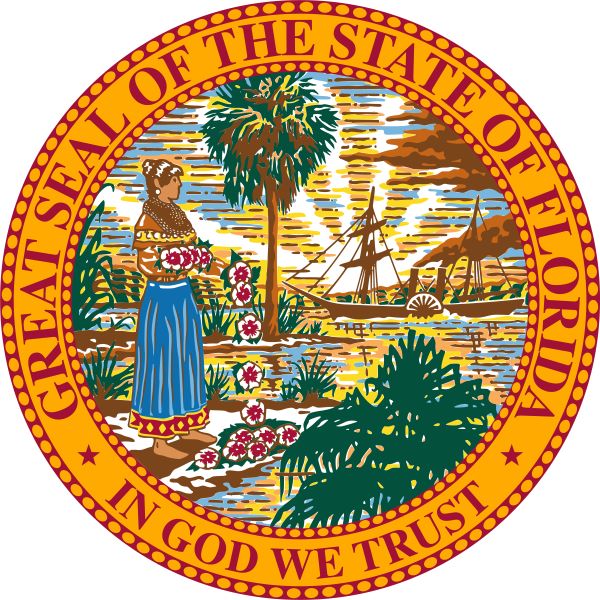Northerners Fly South for Florida’s Tax Benefits
Posted on August 4, 2023

So many people are making the transition from their northern home states to reside along the beautiful gulf coast of Florida. Partnering with local attorneys and offering advice to those changing their domicile is a daily occurrence at The Trust Company. We know it’s not just the ideal temperatures and white sand beaches that attract retirees, but the tax structure and economy that is ideal for their lifestyle, as well as that of growing families and privately-held businesses.
Every state can determine a tax structure to drive how they want to derive revenues. Florida is one of nine states that does not impose income taxes on its residents. We do not tax pensions, IRA distributions or Social Security income. New Hampshire and Washington do assess state tax on certain investment earnings. Additionally, Florida does not have its own separate estate tax. These are tactical programs designed to attract retirees living on a fixed income as well as wealthy retirees. We rank 48th in all the states for State Tax Collections of just $2,264 per capita. But we also fare well in our State and Local Debt per capita coming in 43rd indicating we are successfully balancing the budget with our main source of tax revenue – sales tax that generates 80% of our revenue.
Out of a United States population of 332 million, Florida now ranks 3rd in the country with 21.8 million residents. We have experienced a massive migration to Florida with a reported 506,000 out of state licenses being exchanged for Florida licenses in just the past year. Some recent changes in taxation at the state level have compelled more Northerners to join their snowbird friends.
In November 2022, Massachusetts voted to amend the state constitution from a flat individual tax rate to a graduated tax rate that imposes a 4 percent increase on income over $1 million. The change is estimated to increase tax revenue by $2 billion but critics project it will have negative economic effect on small business owners and cause further migration of high earners from a state that has experienced a net outmigration of $23 billion of adjusted gross income to other states since 1993.
Even though Minnesota had a $17.6 billion budgetary surplus, they passed a new tax bill on May 24th. The proposal was born out of the Governor’s objective of making Minnesota the best place to raise a family. The Minnesota Department of Revenue will be issuing refund checks for many working families with a new child tax credit. Retirees were not entirely forgotten. Minnesota has been one of the few states levying state taxes on Social Security (SS) benefits. The new tax act will no longer tax SS benefits for couples with under $100,000 income. This will eliminate tax paid on SS benefits for approximately 75% of Minnesotans. A 2021 Minnesota tax study determined the poorest MN households pay a larger share, up to 25% of their incomes towards taxes compared to the wealthiest that contribute 12% of their income to state and local taxes. The passed bill is an effort to redistribute wealth downward.
Covid caused many people to reevaluate city life, making Florida a destination for those previously living in metropolitan areas like New York and Chicago. Later, Hurricane Ian caused others to pause their plans to move to the Sunshine State. There will always be factors that create an ebb and flow to the population of Florida. While we can’t predict Mother Nature’s next move, the recent tax acts passed by Massachusetts and Minnesota demonstrate that we can continue to count on several northern states to pass legislation that will make Florida an attractive tax haven for the foreseeable future.
Jeannine Stetson, CTFA, CDFA
SVP & Trust Officer
LEGAL, INVESTMENT AND TAX NOTICE: This information is not intended to be and should not be treated as legal advice, investment advice or tax advice. Readers, including professionals, should under no circumstances rely upon this information as a substitute for their own research or for obtaining specific legal or tax advice from their own counsel. Not FDIC Insured | No Guarantee | May Lose Value